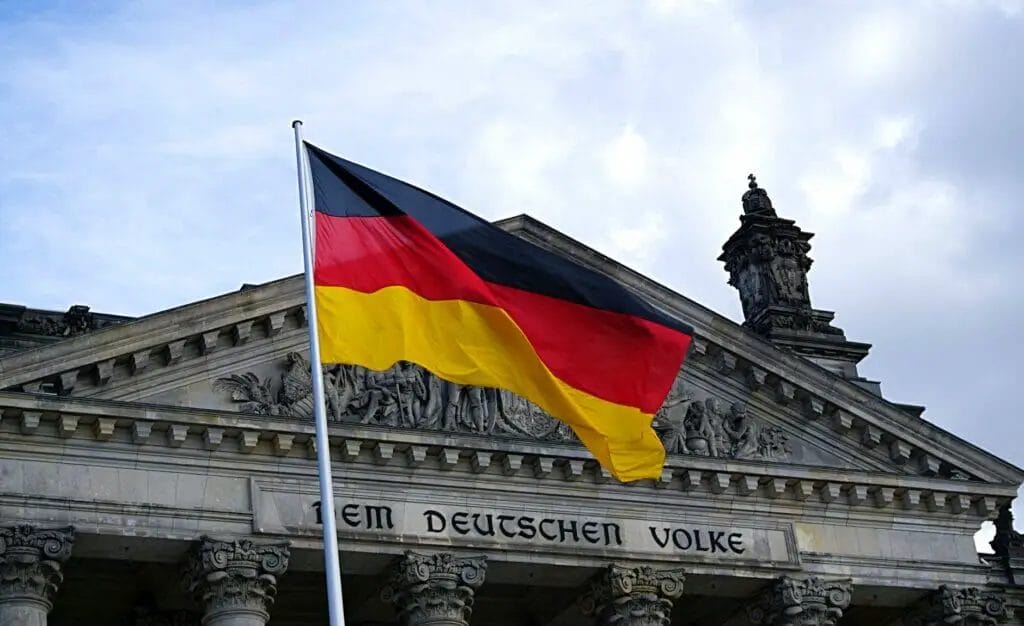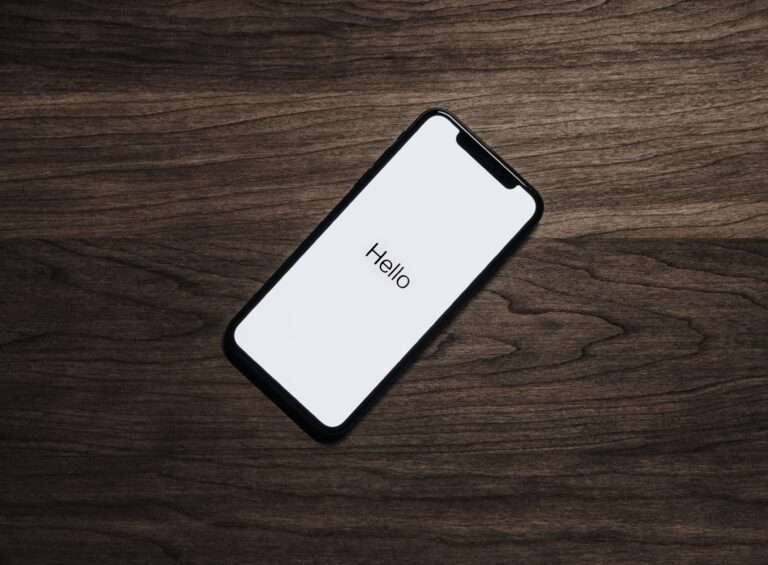How to Say Thank You in German: A Comprehensive Guide
Saying “Thank you” is one of the most basic and important expressions of gratitude that we use in our daily lives. Whether it’s for a kind gesture, a thoughtful gift, or a simple act of kindness, saying “Thank you” can make a big difference in how we connect with others.
If you’re planning to visit Germany, it’s important to know how to say “Thank you” in German to show your appreciation and respect for the local culture. In this article, we’ll explore the different ways to say “Thank you” in German, the cultural significance of expressing gratitude in Germany, and some useful phrases to help you navigate your way around the country.

Different Ways to Say Thank You in German
In German, there are several ways to say “Thank you”, depending on the context and level of formality. Here are some of the most common ways:
“Danke” (pronounced DAHN-kuh)
“Danke” (pronounced DAHN-kuh) – This is the most common way to say “Thank you” in German. It’s appropriate for most situations and can be used with friends, family, and strangers alike.
“Vielen Dank” (pronounced FEE-len DAHNK)
“Vielen Dank” (pronounced FEE-len DAHNK) – This expression means “Many thanks” and is a more formal way to say “Thank you”. It’s appropriate for business settings, formal occasions, and when expressing gratitude for a significant gesture or gift.
“Herzlichen Dank” (pronounced HEHRTS-lee-chen DAHNK)
“Herzlichen Dank” (pronounced HEHRTS-lee-chen DAHNK) – This expression translates to “Heartfelt thanks” and is a more emotional way to say “Thank you”. It’s appropriate for situations where you want to express a deeper level of gratitude, such as when someone has gone out of their way to help you.
“Danke schön” (pronounced DAHN-kuh shern
“Danke schön” (pronounced DAHN-kuh shern) – This expression means “Thank you very much” and is a polite way to show your appreciation. It’s appropriate for situations where you want to show extra gratitude, such as when someone has given you a gift or done something special for you.
“Danke dir” (pronounced DAHN-kuh deer)
“Danke dir” (pronounced DAHN-kuh deer) – This expression is used to say “Thank you to you” and is a more personal way to express gratitude. It’s appropriate for situations where you want to thank someone specifically, such as a friend or family member.
Cultural Significance of Expressing Gratitude in Germany
In Germany, expressing gratitude is an important part of the culture. Germans place a high value on politeness and respect, and saying “Thank you” is a common way to show appreciation and acknowledge someone’s kindness.
When expressing gratitude in Germany, it’s important to be sincere and authentic. Germans value honesty and directness, so it’s better to express your gratitude in a straightforward manner rather than using excessive flattery or overly polite language.
In addition to saying “Thank you”, Germans often show their appreciation through other gestures, such as sending a thank-you note or bringing a small gift. These gestures help to strengthen relationships and demonstrate a genuine desire to maintain a positive connection.
Useful Phrases to Express Gratitude in German
Here are some useful phrases to help you express your gratitude in German:
- “Danke für Ihre Hilfe.” (Thank you for your help.)
- “Vielen Dank für die Einladung.” (Many thanks for the invitation.)
- “Herzlichen Dank für Ihre Unterstüt
Learning how to say “Thank you” in German is a great way to show your appreciation and connect with the German culture. By using the different expressions we’ve outlined in this article, you can express your gratitude in a way that’s appropriate for the situation and level of formality.
Remember that expressing gratitude is an important part of German culture, and it’s important to be sincere and authentic in your interactions with others. By showing your appreciation through words and gestures, you can build stronger relationships and create positive connections with the people around you.
If you’re interested in learning more about German language and culture, be sure to check out our other post on “Saying Hello in German” and “Saying Good Morning in German“. Together, these articles can help you navigate your way through the language and customs of Germany with confidence and ease.
Thank you for reading, and we hope you found this article helpful in your language-learning journey!
Resource:
Tours and Tickets for Germany


